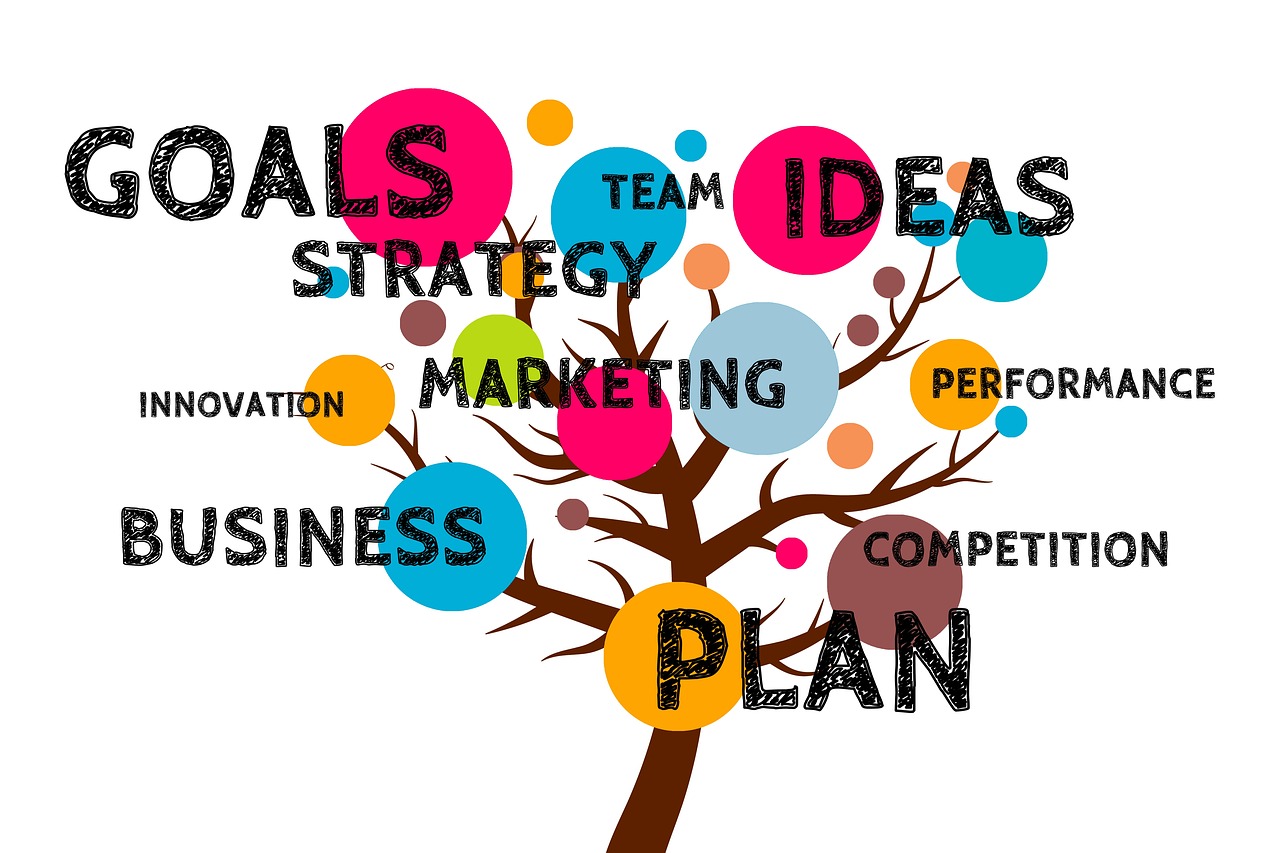Ten Key Steps to Take When Forming a Company

Forming a company is an exciting prospect, but a lot of preparation needs to be in place to start off on the right foot. In this blog post we will take a look at the research, planning and effort that is involved when forming your own company.
1. Idea Research
Before you can do anything, you need to have an idea. Brainstorm with friends and family and think about the product or service you want to provide and who you would be marketing to. Another important thing to consider is whether your idea is futureproof. You want your business to grow and evolve, not just survive.
2. Choose a Business Structure
An important decision to make is what form your business will take. Research into what business structure will suit you is essential as there are many options out there.
Some options include:
- S Corp
- Sole Proprietorship
- Corporation
- Limited Partnership (LP)
- Limited Liability Partnership (LLP)
- Limited Liability Company (LLC)
It is expected that a business structure can change as it grows, but getting it right at the beginning is key to your immediate financial health as your choice will affect how you pay taxes, the amount of personal liability for any debt and your ability to raise capital.
Depending on the complexity of your business, it’s advisable to invest in the right advice to ensure you are making the right structure choice for your business.
3. Do You Have A Business Plan?
A business plan is essential when forming any type of business, as it will outline the structure of the business, the business strategy and goals and financial and sales projections, to name a few things. This document will be viewed by banks, industrial personal and potential investors, so it is worth putting together a professional and credible document.
4. Market Research
Quite simply, you need to ask yourself ‘does my idea have the potential to succeed?’.
In order to achieve business success, your must be offering something that the market wants, and your consumers feel they need. Focus on your unique selling point (USP) and work from there.
Conducting surveys and focus groups is a great way to explore the market and gather valuable opinions and feedback about your ideas from the types of people that you want to invest in your product or service.
Competitor research is also important, to help you discover where others have succeeded or failed. This will give you an initial point of learning and idea development.
5. Branding
Creating a brand is much more than just a name or logo; it is an ever-present part of your business identity, which can make or break a business. A strong brand that is transferrable across all of the channels you use and that is recognisable for the right reasons is one of the most important things to crack when forming a business.
6. Marketing
The right type of marketing or combination of marketing types for your business is worth thinking about early on. You may want to do some social media advertising or some content marketing to get blog posts out there that provide an insight into your business.
A lot of this will be covered in your business plan but advertising your business in the right way and to the right people is highly important for business success.
7. Register Your Business
There are a lot of small details you will need to cover when you initially form your business. Registering a name for your business and checking it isn’t already registered and/or trademarked is a good starting point. Here is a list of legal aspects that you will want to consider:
- Business structure (taxes)
- Registering your business name
- Registering your business
- Permits/Licenses (see below)
- Necessary bank account
- Trademarks, copyrights or patents
8. Get Licenses and Permits
There are a variety of small business licenses and permits that may apply to your situation, depending on the type of business you are starting and where you are located. Doing the research into what licenses and permits apply to your business during the start-up process may sound lengthy (and perhaps an uninviting task) but it needs to be done.
9. Find A Location: Resource Planning
Are you planning on acquiring offices, working from home or do you need a specific type of space?
It is important to think about your location, equipment, and overall setup, and make sure your business location works for the type of business you will be doing.
Here are some things you may want to consider and research:
- Your style of operation
- Demographics
- Foot traffic
- Accessibility and parking
- Nearby competition
- Proximity to other businesses and services
- Rent, utilities and other costs
10. Build Your Team
You may not be hiring straight away but establishing a strong company culture is crucial to ensure that the people working around you are the type of people that you want to reflect your business. This may be through the type of companies you work with as well as internal staff.
If you’re ready to run a limited company and would like help with setting up, take a look at our company formation packages or call 0800 0198 698 to speak to our professional team.











